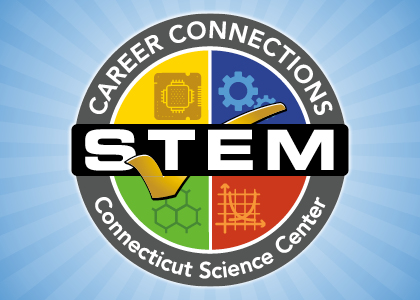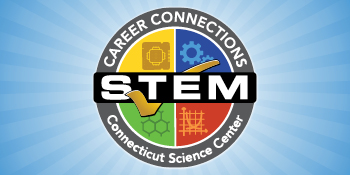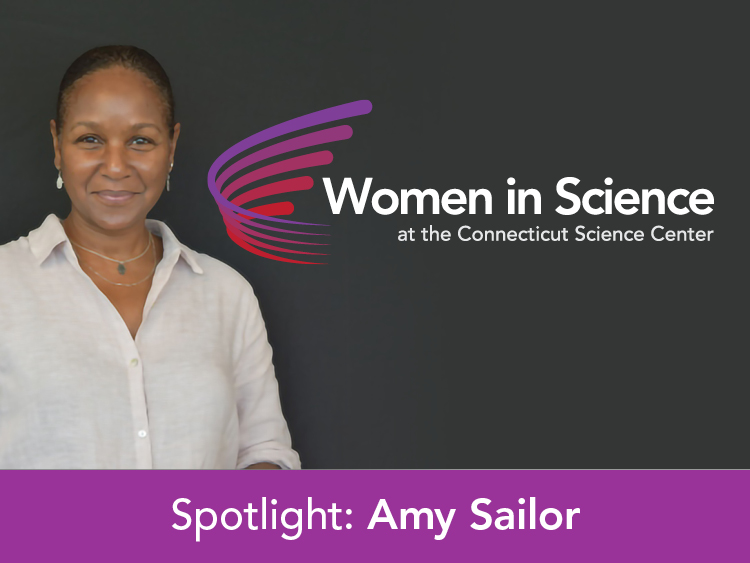
This summer, I spent six weeks interning with the Public Programs team at the Connecticut Science Center. I had the opportunity to sit down and speak with Allison Ray, a Project Manager at Burns & McDonnell. Allison participated in one of the Science Center’s Mini-STEM Career Showcases earlier in the summer and shared information about her engineering work and background with the Audubon Society. As somebody interested in animal care and wildlife, I took great interest in what she had to say, so I reached out to her, hoping to learn a bit more about her career.
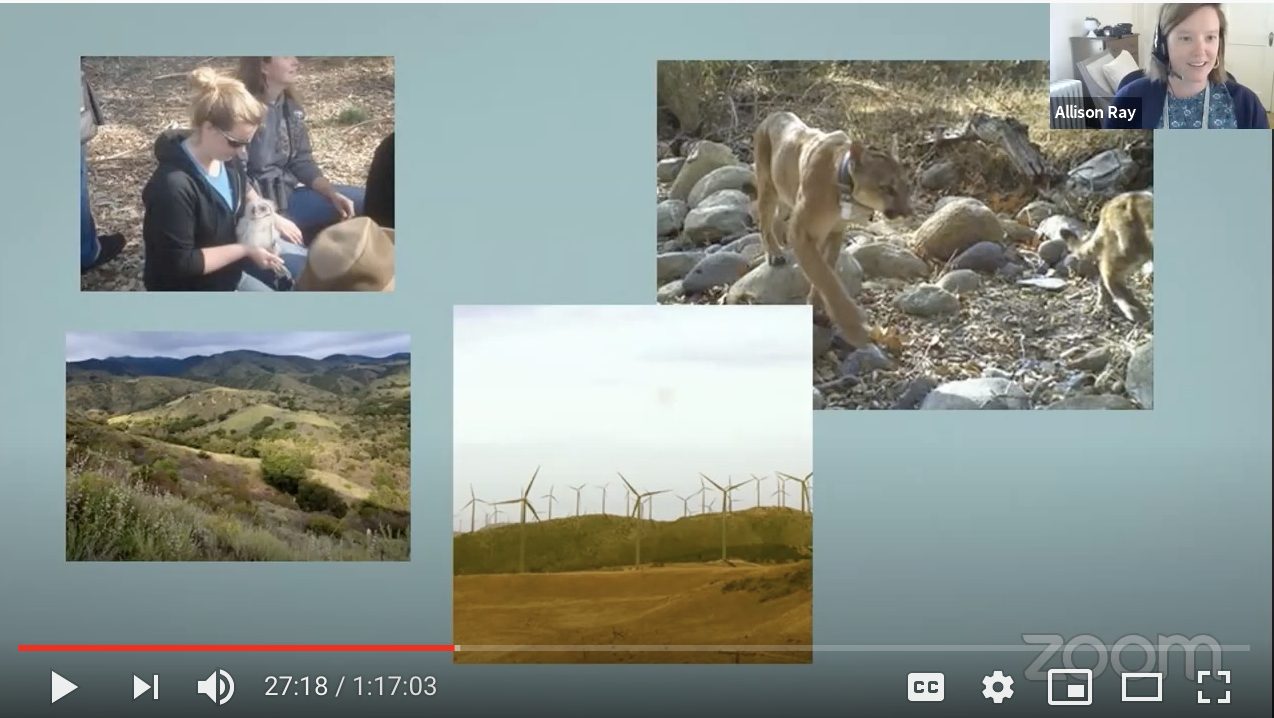
Allison explained that Burns & McDonnell is an engineering and construction firm that works on most infrastructure types. Her division works alongside others to license and permit facilities, which is a lengthy process that includes multiple steps. First, clients or engineers within her company seeking to build infrastructure come to her to decide whether their project requires environmental permits. The two main questions she asks are, “What are you going to build?” and “Where are you going to build it?” The permit application development is the second part of the process, and the breadth of this development varies according to the project’s size. Information for more extensive projects may take up to a year to compile since Allison’s team needs to understand the project’s overall social, visual, cultural, animal, and plant impacts. Furthermore, they must document all of their work with different agencies when discussing the actual construction.
I learned that collaboration is a crucial component of Allison’s role. Having the skills to thrive in groups of people with different personalities continues to be relevant after college – something Allison truly embraces.
Of course, there are always challenges in any field, especially when you don’t have control over public policy related to environmental issues. Additionally, she shared that being a woman in STEM has had its challenges. In graduate school, she felt she had to work a bit harder to prove her academic capabilities. However, Allison shared that she always finds inspiration because she genuinely loves her job. She finds it extremely rewarding because she can teach and help new graduates and junior staff succeed. She also loves that Burns & McDonnell works hard to help people gain exposure to STEM because they want students to explore and have fun learning. It’s one of the many reasons they love working with the Connecticut Science Center.
One of the most fascinating experiences Allison described was her volunteer work with the Audubon Society. She gets to be involved in research, scientific experiments, and educational programs, and it’s incredibly enjoyable because she also loves hiking and examining the world around her. For example, doing work with the National Park Service in San Francisco required more physical labor, but it also meant she could see more tangible results. Her primary goal was to make land “ecologically pretty” by preserving ecological resources.
When I asked Allison what classes helped her most with her career today, I was surprised by her answer. I was expecting a STEM class, but it was her freshman writing seminar. In this class, she turned in a paper. Despite having felt pretty confident about it, she received a low grade. At first, she was devastated and thought she was unprepared for college. Still, after taking some time to think, she decided that this experience made her more aware of her ability to learn a vast amount for the rest of her college career. She also realized that writing is critical, and you can tell a lot about a person through their writing.
As a child, Allison had always wanted to become a scientist. However, in high school, she struggled immensely in her AP biology class. To make matters worse, a teacher told Allison she was not smart enough to be a biology major, which caused her to shift toward the humanities. It was not until she needed to take a science class and ended up doing exceptionally well that Allison reconsidered. One professor encouraged her to pursue biology and connected her with opportunities, so she continued on a field research career.
I am so glad to have been able to connect with Allison. Not only does she have a wonderful personality, but her passion for and dedication to her job is evident. She welcomed all of my questions and provided insightful answers filled with inspirational advice and tips. Allison shared some excellent advice for students who want to pursue a career path in STEM. First, get in contact with professionals whose jobs interest you (like I did!). Chatting with professionals about their job experience will help you figure out whether you want to pursue a similar path. Most importantly, she encouraged students to take on a career that you find interesting, as it will always entertain you.
Explore even more STEM Career Connections during your next visit to the Connecticut Science Center. Timed tickets must be purchased online in advance of your visit. Visit CTScienceCenter.org to reserve your ticket today.
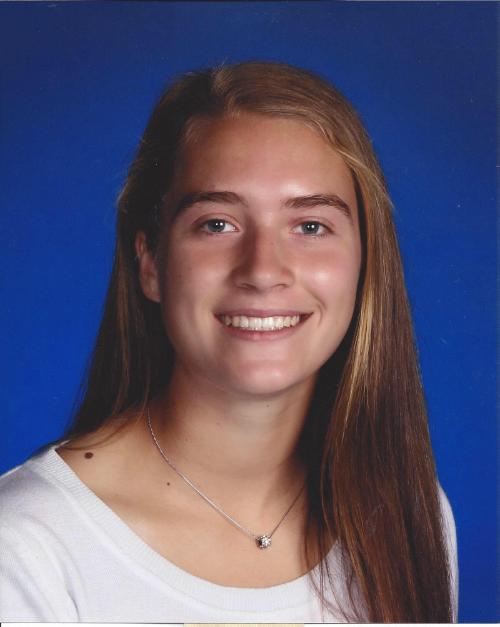
Caroline Bogue is a senior at Bates College. She is studying psychology with an Archaeology and Material Culture concentration. This summer, she is working as a Public Programs Intern at the Connecticut Science Center to assist with virtual programming and remote learning activities. She is passionate about animal care and wildlife. In her free time, she enjoys playing tennis and being outdoors, and she has experience playing soccer and basketball at the collegiate level.

